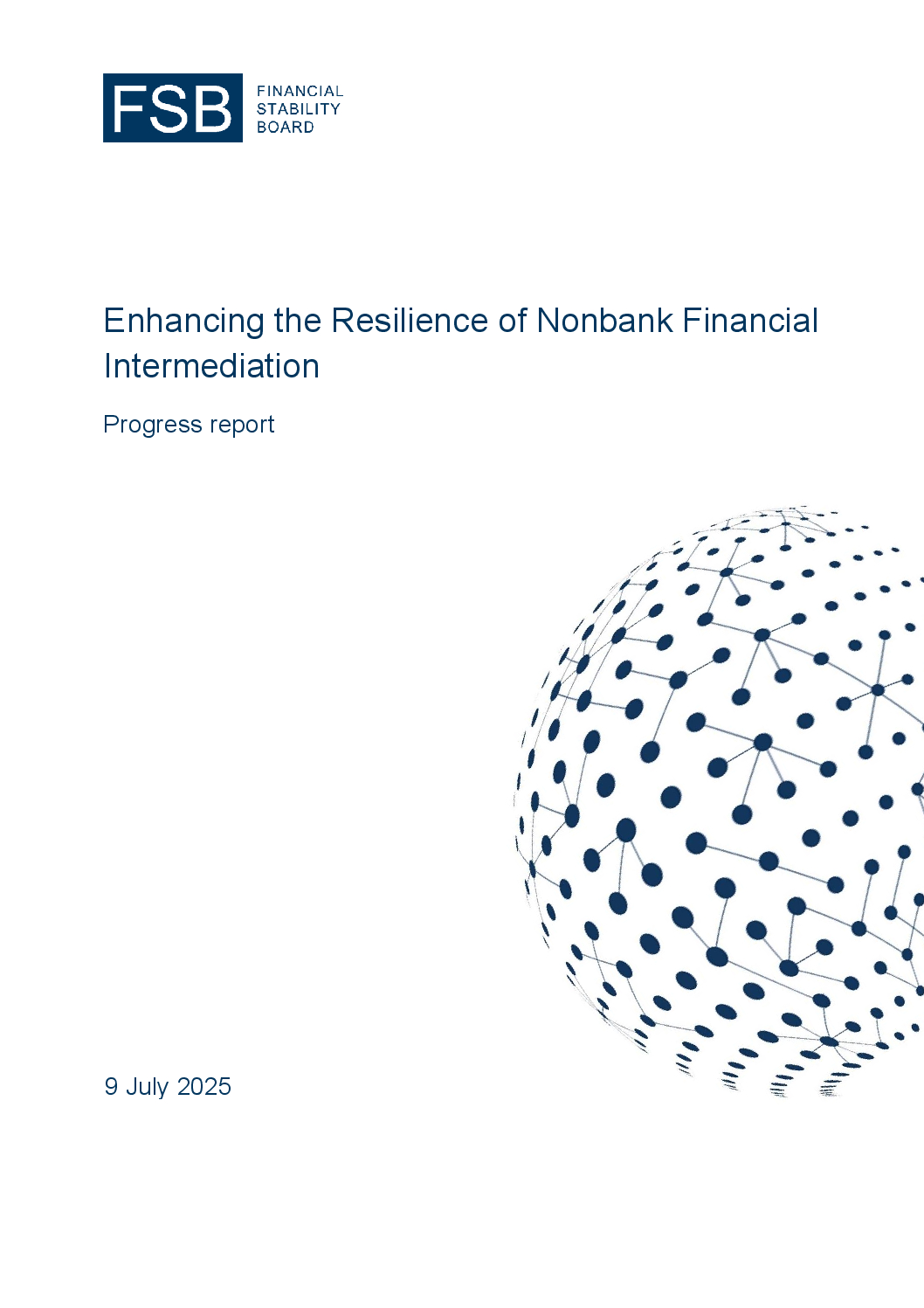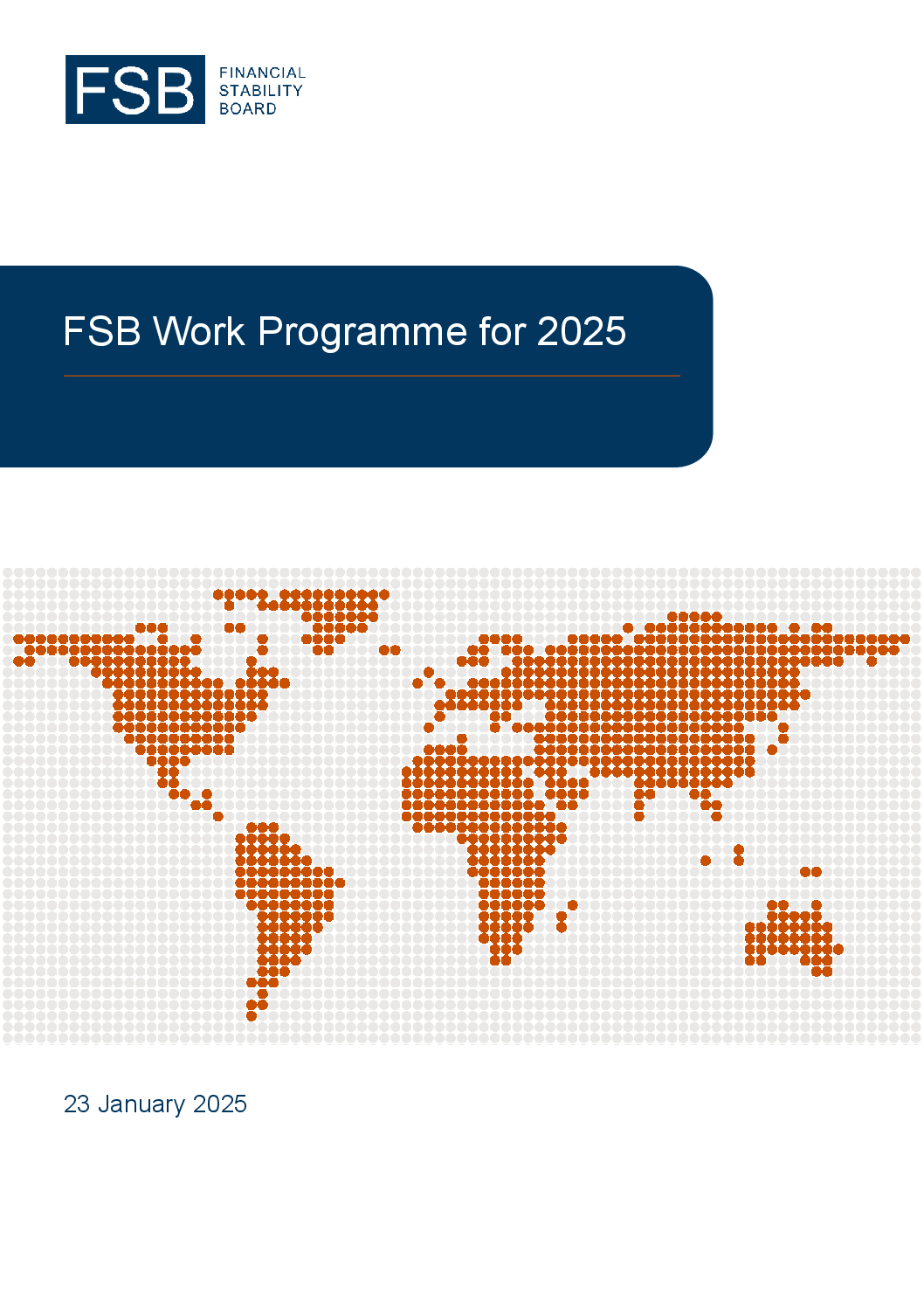Taking forward the FSB’s work programme to enhance the monitoring of vulnerabilities in the nonbank sectors and to develop policy recommendations to address the associated financial stability risks depends heavily on reliable data.
In the course of its work, the FSB has identified several data challenges that have hindered the effective assessment of nonbank sector vulnerabilities by authorities.
Given the complexity and importance of ongoing data challenges, the FSB has set up a small, high-level task force: the Nonbank Data Task Force (NDTF). The NDTF, which is chaired by Andrew Bailey, Governor of the Bank of England and FSB Chair, has three objectives:
- Improve the ability of FSB member authorities to identify and assess vulnerabilities stemming from nonbank sectors.
- Improve the ability of authorities to assess and calibrate policies that could be used to mitigate financial stability vulnerabilities that stem from nonbank sectors.
- Explore whether and how authorities could share information (including data) when such sharing could be used to mitigate significant threats to financial stability.

To test how much progress can be made in addressing various nonbank data challenges, the FSB has decided to conduct a test case on “leveraged trading strategies in sovereign bond markets”.
This report, delivered at the request of the G20, presents a plan for how the work on nonbank data challenges will be structured. The FSB intends to finalise a report on the selected test case by mid-2026, which should include ways to address data challenges. Based on the findings and insights from the work of the test case, the FSB will determine whether further work should be undertaken in other areas.

